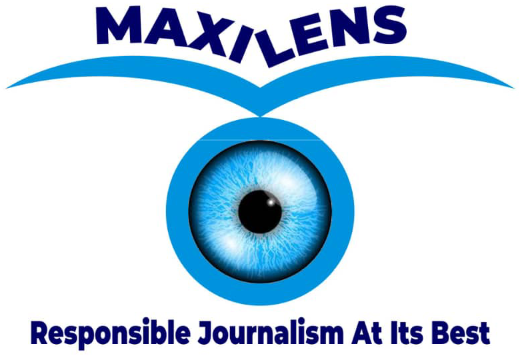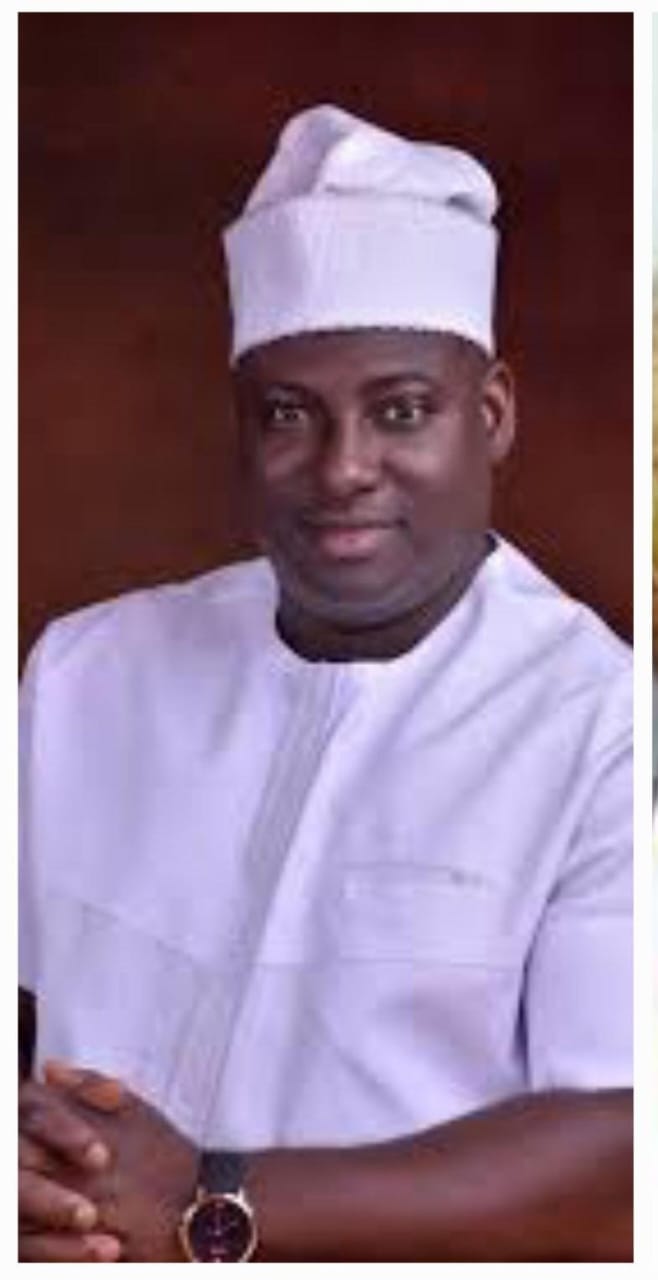By: Ishowo Malik
First and foremost, let me start by saying Nigerians are looking forward to the 2023 elections for so many reasons and factors, even myself, Ishowo Ayomide I’m also looking towards the election for so many factors, mostly because of the economy’s crippling insecurity, lawlessness, floundering economy, perennial suboptimal social services, and an obfuscate desire to hope for a better future. Most Nigerians look forward to having a President with the magical way to tackle these socio-economic challenges such as the *ASUU Strike*, and a leader that will set the country on a path to the Nigeria of our dreams. However, other people like some of my political friends are interested in the elections and their outcomes for several other reasons, in which I don’t even know.
However, we all understand that the economy is at a crossroad, in which the state is being faced with much heightened insecurity, insurgency, terrorist incursions, secessionist agitations, melting economic situation and so on. This election will definitely offer hope to bend the curve politically, economically, and socially post Covid-19 pandemic and guarantee the level of internal security that daunts a further terrorist incursions and even needless migration of our dear youths in the country.
Moreover, this hope must be actualised first just to avoid further deterioration and disaster. The West must also maintain peace and stability in Nigeria devoid of political turmoil that will destabilise the sub-Saharan region, especially after the devastating impact of the destabilisation of Libya and the menacing exploits of international terrorist groups like ISWAP and Boko Haram as the case may be.
Consequentially, the 2023 election might be a difficult election to conduct in Nigeria as the country battles problems of complex insecurity. The Boko Haram conflict that defined the 2015 election is yet to be quelled, and with bandits operating across the North-West at the moment, violent secessionist agitation spiraling in the South-East and farmer-herder clashes ongoing across the country. As I taught my students last week before their examination, I told them that the 2023 election is set to take place amidst nationwide insecurity. The June 5 attack on a church in relatively stable Ondo State in South-West region of Nigeria, which sighted above 50 people killed, was a great reminder of the insecurity challenges that will make the safety of election materials and personnel a major challenge for INEC as a commission.
Voter turnout is another area of concern. Just very few per cent of eligible Nigerians voted in 2019 and a similarly low, or lower, turnout in 2023 would further undermine the credibility of the poll if proper care is not taken. But given the prevailing insecurity across the country, the choice available when it comes to the presidential race, difficulties in registering for permanent voter cards in insecure areas in Northern and South-East Nigeria, even in the North central where I live and the likely rampant misinformation and disinformation that will emerge in the lead up to voting day, designed to draw distinct divisions and undermine the credibility of key election stakeholders, means that fewer Nigerians may vote next year than in 2019.
However, the country may evidently be experiencing its longest run of uninterrupted democracy but its quality remains very much in need of improvement.
By: ISHOWO, Malik
08165511716
Ishowo is a Student, learner, reader, and a political commentator based in Ilorin, Kwara State.



